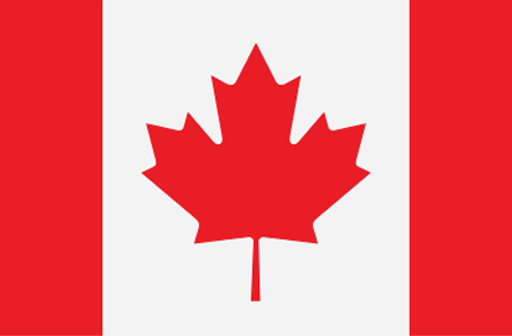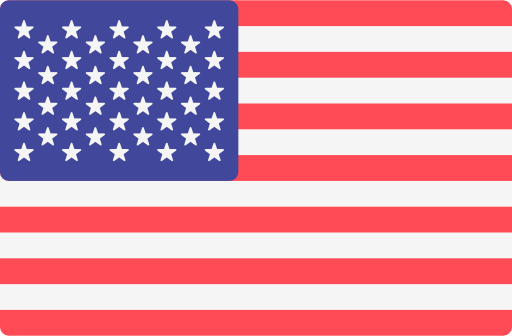
N95 Mask Canada
72Hours N95 Mask
N95 Mask provides superb protection against airborne particles. All our N95 Masks are National Institute for Occupational Safety and Health (NIOSH) approved or of the same standard in Bacterial Filtration Efficiency (BFE) and breathability. 72Hours ensures all our N95 masks are genuine and meet up to all standards and regulations advertised.
What are N95 Masks?
N95 Masks provide at least 95% Bacterial Filtration Efficiency at 0.3 microns. They are the most common masked used by frontline workers as personal protective equipment (PPE) against the Coronavirus. N95 Masks provide a proper seal around the mouth and nose, preventing and filtering out harmful bacteria and viruses. Each mask has a bendable nose piece to create a better fit around your face. N95 Mask can also be classified as respirators based on their ability to filter very small airborne particles. According to the Centers for Disease Control and Prevention (CDC), respirators are personal protective devices that cover at least the mouth and nose. Respirators protect or reduce the risk of the wearer from inhaling harmful or hazardous airborne particles. This includes infectious agents, vapours, and gases.
The lifespan of an N95 Mask
N95 Mask has a filtration lifespan of on average 40 hours of continuous use when properly stored in between uses. Once the N95 mask has been used for a continuous duration of 40 hours, the mask will have to be properly discarded. The use of an N95 Mask can reduce your overall chance of contracting the COVID-19 virus.
According to the CDC website, workers in industries that routinely use N95 respirators can wear them for several hours uninterrupted. Based on these factors, N95 masks can be used for 8 hours continuously or intermittently.
What is the Difference?
One of the most asked questions is what is the difference between N95 Masks and other facemasks or surgical masks? The main difference is in the filtration efficiency rate as well as the fitment of the mask. N95 Mask or N95 Respirator are evaluated, tested, and approved by NIOSH. This means that the N95 Masks have passed all requirements and regulations in regard to its filtration efficiency and protective ability, Facemask and surgical mask, on the other hand, can be cleared or approved by the U.S. Food and Drug Administration (FDA). FDA approval means that the product has been determined by the organization that its benefits outweigh the know risks of the use of the item.
One of the main differences is the filtration ability of the N95 mask compared to the other masks on the market. The NIOSH Approved N95 mask is tested to ensure that it can filter at least 95% of small airborne particles at 0.3 microns. N95 mask provides a superior protective barrier against viruses compared to surgical and facemasks. Due to this characteristic, some N95 mask has also been named and classified as being respirators. Surgical masks and facemask do not provide the user with a high percentage of protection from small airborne particles. Due to this fact, surgical masks and facemask are not classified as respirators.
The intended use of each mask is also different. N95 masks Canada are used to prevent the wearer from exposure to small airborne particles and large droplets but does not include oil aerosol. Facemask and surgical mask, on the other hand, are fluid resistant and protect the wearer from large droplets, sprays, and splashes of hazardous liquids/fluids. Facemask and surgical masks protect the patient from the wearer’s own emissions.
There is also a significant difference in the fitment of the NIOSH Certified N95 mask compared to other facemask or surgical masks. N95 Respirators provide a tight fit and create a seal around the nose and mouth. Facemasks are loosely fitted and do not provide the same seal as the N95 mask. Due to this difference, the N95 mask requires proper fit testing each time the user wears one. Surgical and facemask do not require this fitment test each time they are used. N95 mask, when properly fitted, produces minimal leakage around the mouth and nose when the user breathes. Surgical masks and facemask have a high level of leakage due to the loose fitment of the masks and happens mostly around the edge of the mask.
How to Protect Yourself and the People Around You
By protecting yourself from airborne particles, you are also decreasing the chance of spreading germs and diseases to others. Social distancing and the use of face masks, gloves, and hand sanitizers can reduce your chances of being contaminated.
Ensure that that you, your family, and your friends practice social distancing and clean hygiene practices. Frequently wash your hands and use hand sanitizer or disinfect after touching public surfaces. Cough or sneeze in your sleeves and wear a face mask whenever possible.
What are KN95 Masks?
KN95 Particulate Respirator blocks at least 95% of very small particles. These masks have been tested to filter small particles of 0.3 microns. An essential item to have in any situation that involves airborne particles, the KN95 Mask is a great item to have in any emergency or survival kit.
KN95 Masks are Food and Drug Administration (FDA) approved and are Certification Marked (CE). KN95 Masks meet China's standards for health, safety, and environmental protection. The Chinese government requires that the manufactures of KN95 Masks run a fit-test on a real person with ≤ 8% leakage. Compared to N95 Masks, KN95 Masks require a slightly higher effort to breathe through but still provides a filtration efficiency of at least 95%. KN95 Mask Canada provided you with protection against airborne particles.
What are ECAN95 Masks?
ECAN95 Masks are made in Canada and are the Canadian equivalent of N95 Masks. They are authorized for sale by Health Canada and hold an MDEL licence (#13385). Providing a filter efficiency of 95% or greater against solid and liquid aerosols (free of oil), these masks are personal protective equipment devices that are used to protect the wearer from airborne particles and liquid contaminating the face.
Personal protective equipment is only intended for occupational workplace use. This personal protective equipment must be used in compliance with the applicable occupational health and safety legal requirements and standards as well as all user instructions, warnings, and limitations accompanying each product. It is essential that all product user instructions and government regulations on the use of each product be followed in order for the product to help protect the wearer. Misuse of personal protective equipment may result in injury, sickness, or death. For correct product selection and use, individuals should seek occupational health and safety advice from a suitably competent person.
The ECAN95 Masks have passed the following tests:
- TEB-APR-STP-0007 Inhalation Resistance
- Test TEB-APR-STP-0003 Exhalation Resistance
- Test TEB-APR-STP-0004 Exhalation Valve Leakage
- Test TEB-APR-STP-0059 N95 Series


















